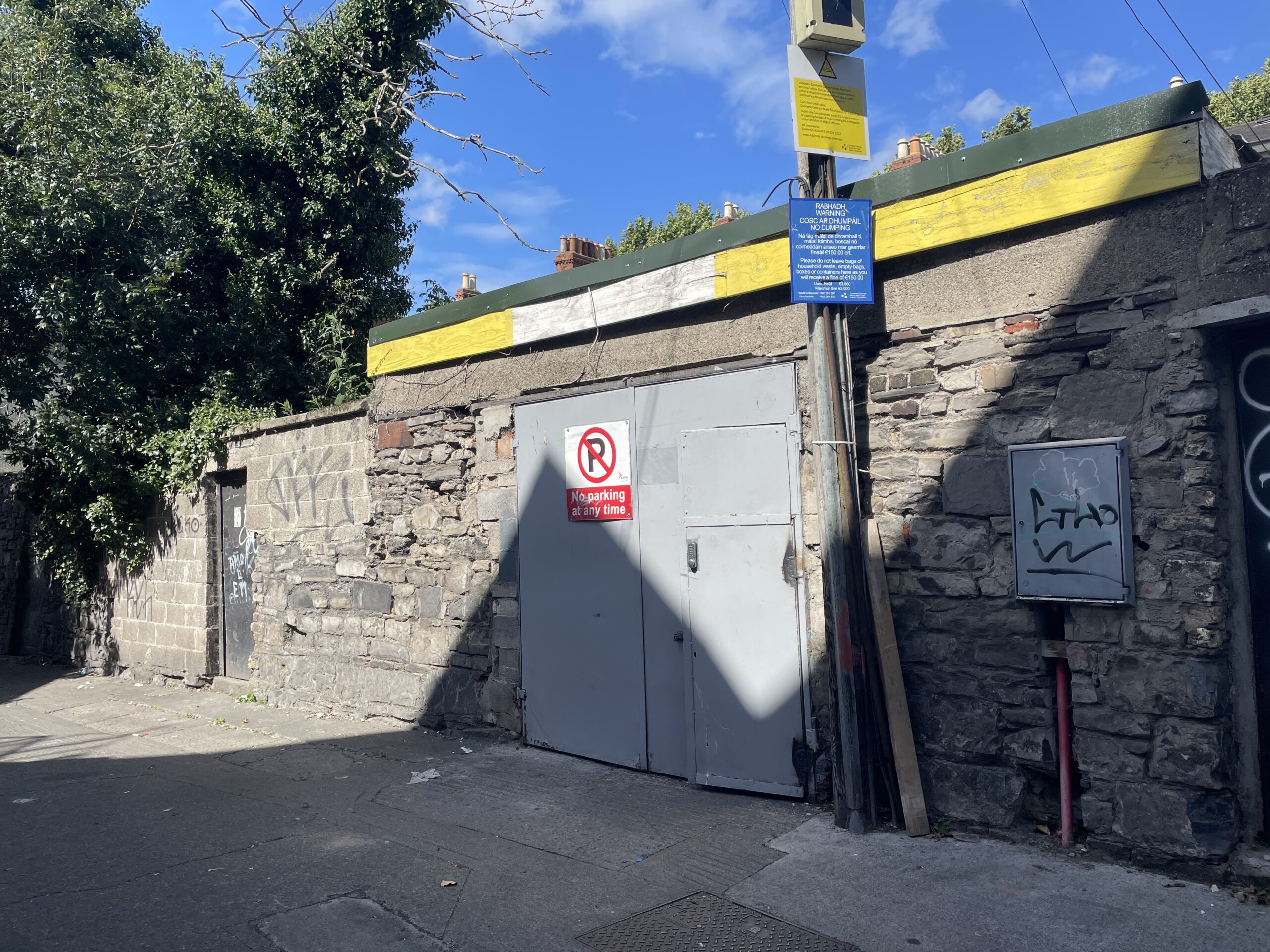
Last January, the Irish Times published an opinion piece by myself and Imam Samsudeen MecSheain: ‘Freedom of religion an empty formula unless places to worship available.’ It drew attention to a new and unfamiliar reality. People who have recently moved to Ireland do something, which we historically did when we were an emigrant people. They seek out the consolation of religious faith and they seek out places in which they could express that faith.
The biggest single group of recent arrivals in Ireland are Muslims, though there are many Christian groups whose combined numbers are larger. There are a number of impressive Mosques in different parts of the country, but they are far from being the whole story. In a laneway in Dublin 1 you will find Masjid Rahma – Mosque of Mercy. It is a mosque, but it is also a shed. It is, most definitely, a place of prayer. Every Friday at lunch time, Masjid Rahma is completely full. I met one consultant who works in the Mater Hospital, but most have very ordinary jobs – bus drivers, care givers, shop assistants. The number of young men is impressive. So is their sense of devotion and their welcoming good humour.
They used to have a rented a space which could hold four hundred people, but the landlord decided to develop the site and they had to vacate. The current premises can only take seventy. This means that most of those who worshiped in the previous place are now excluded from Friday prayer. For Muslims, Friday prayer is the one central event for the entire community.
A mosque nearby, which could hold about one hundred worshippers, has recently closed. The problem of space is compounded and, as a stop gap solution, Masjid Rahma now holds two services, an hour apart, with the second service being very much truncated.
When we think of people being unable to worship we normally think of persecution. No one in Masjid Rahma is being persecuted. But they, and others like them, are suffering real hardship. It is not like the local post office closing or a bus route being discontinued. Such events can certainly cause real hardship and leave people isolated, but worship is different. For someone who believes, whatever their faith, what they believe and how they express that belief is of central importance in their lives. If people are denied the opportunity to worship it can have real and harmful consequences not only for them but for society in general.
Many in Ireland today say that they have no time for ‘organised’ religion, but have they considered what happens when those who want to ‘organise’ are unable to do so? Worship is a vital human need and cannot be seen as a purely private matter. It can be compared to education. It is universally valued and whenever it is denied, that is a sign of oppression. Places of learning are a feature of every society, as are places of worship. In every society, the most beautiful buildings and structures are places of prayer, which should give us pause for thought.
The right to freedom of religion is affirmed both in the UN Charter and the Constitution of Ireland. If the opportunity to worship is denied, this cannot be ignored by society at large. Indifference to this reality will result in harm both for the people concerned and for society in general.
Older people gathering to worship is a case in point. There is plenty of evidence to show that belonging to a worshiping community is good for health, but worship is not just a question of healthy human interaction. When old people have no Eamon’s of encouraging each other as they face the ultimate challenge of all our lives – the approach of death – society at large is affected. A society, in which old age is equated with isolation and being ignored by younger generations, is inflicting damage on itself. We all grow old – if we don’t die young! – and the prospect of a future of isolation and abandonment has to be a depressing one. Religion in its various forms offers the possibility of both companionship and hope which no other human reality can match. Religion is not simply for the old and they are not the only ones who find support in religious worship. Our young friends in Dublin’s north inner city find support in their religious faith as many young Irish people once did in New York or Boston. If they are denied that support some of them will withdraw into isolation, often with tragic consequences. Others will react differently. Traditionally in Ireland there has been plenty of space for worship, but Ireland has changed and we need to start thinking about the ancient, yet unfamiliar, reality of religious worship and its place in society. We are so used to thinking in terms of the separation of church/religion and state that we forget that each person has the right ‘in community with others to manifest his religion or belief in teaching, practice worship and observance.’ People’s rights are being infringed in Dublin’s north inner city. There is an obligation on Dublin City Council to investigate how the needs of religious communities for space to worship can be met.
Edmond Grace, SJ is a Research Fellow of the Jesuit Centre for Faith and Justice.

